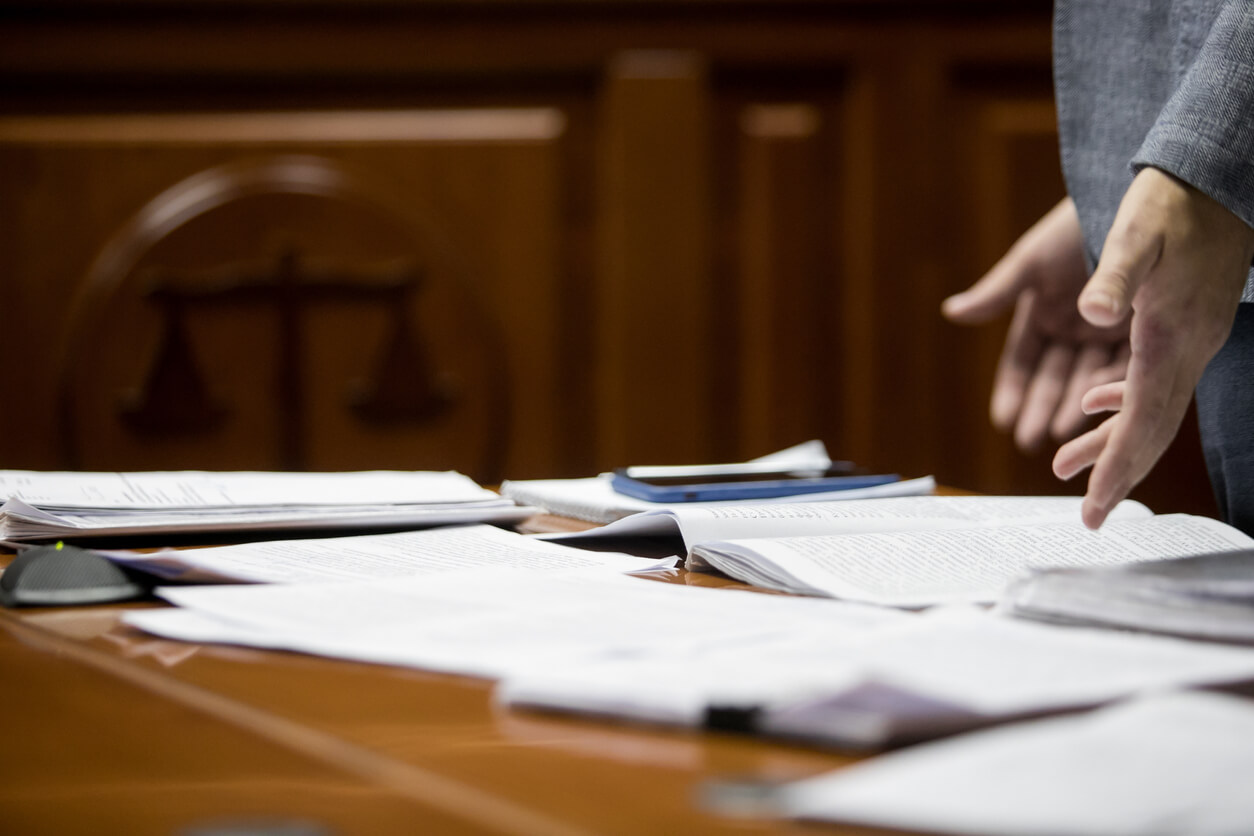Criminal trials are complex and, of course, can be very stressful, particularly for the defendant. If you are called as a witness in a criminal trial, whether you are the defendant or not, you should be as prepared as possible for what is going to happen, or what might happen, when you are on the stand. Witnesses are called to the stand by either the prosecutor or the defense. On direct, the side that called the witness first gets to question him or her. Next, the other side has the opportunity to cross-examine the witness. Cross-examination is, generally speaking, limited to questions relating to matters that were raised during direct examination. The main purpose of cross-examination is most often to undermine the credibility of a witness called by the other side. Witnesses should, therefore, be prepared for a difficult and sometimes heated line of questioning.
How to Prepare for Cross-Examination
In preparing for cross-examination, a witness should focus on a few critically important facts reviewed with the attorney who will be calling them to the stand. A detailed narrative that a witness will have to recall when under the pressure of cross-examination is not a viable situation. The witness is likely to freeze up or have the narrative sound disingenuous or rehearsed. The witness should be prepared to deliver the “headline” of why he or she was brought to testify in the first place. Come to court with the important things at the top of your mind. Then, when on the stand, you will be more likely to get that important information right out front as opposed to it being lost in a long speech.
Witnesses are under a lot of pressure as it can often feel like the fate of the defendant rests on their shoulders. To minimize the pressure and fear that a witness can face, a witness should remember that there is a safety net built in should they struggle with cross-examination. The attorney who initially calls a witness has an opportunity to question the witness after cross-examination. This is called re-direct examination. During re-direct, an attorney can often mitigate much of the damage a witness may have caused during cross-examination.
To prepare for cross-examination, a witness should also be mindful of body language. Be prepared to use confident body language while on the stand. Make eye contact and keep your head up while being questioned. Additionally, a witness should plan to dress conservatively for court. It can also be beneficial for a witness to get into the right mindset for cross-examination. It can be uncomfortable to be questioned by the attorney for the other side, particularly in a situation where the attorney is trying to undermine the credibility of the witness. A witness should make every attempt to avoid open hostility toward opposing counsel. In fact, the demeanor of the witness should not change when being questioned by either side. A jury will notice a shift in demeanor and likely hold it against the witness in one way or another.
Criminal Defense Attorneys
At CDH Law, we take great care to prepare everyone involved in a criminal trial. We know that a trial can be won or lost in these kinds of important details and we make every possible effort to help ensure all witnesses are properly prepared for trial. We do this because of our commitment to mount the strongest possible defense for our clients facing criminal charges. Contact us today.



